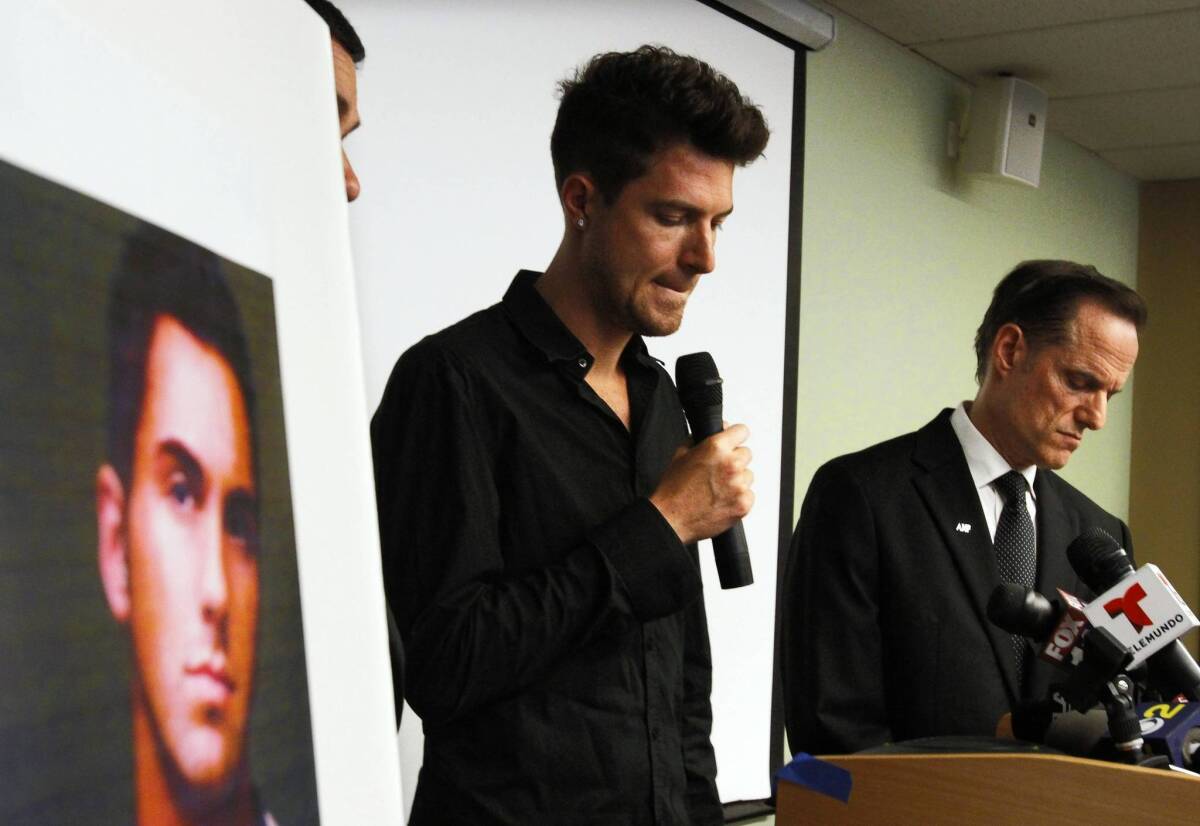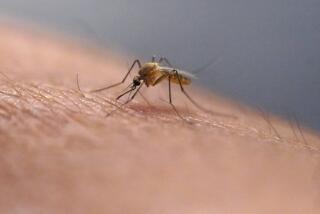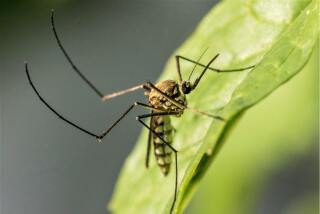Two more men died from meningitis last year, group says

- Share via
Two more men died from bacterial meningitis late last year, according to the AIDS Healthcare Foundation.
The organization said Tuesday that a 30-year-old Los Angeles man and a 30-year-old San Diego student both died in December from the disease.
Public health officials have not said whether the cases were the same strain as the one that caused the death of a 33-year-old West Hollywood lawyer last weekend. State officials said they were investigating the additional deaths and would report their findings if bacterial meningitis is confirmed.
The death of West Hollywood resident Brett Shaad, who died less than a week after becoming ill, has prompted concern among some health advocates that a possible outbreak of the contagious disease may have started.
An outbreak in New York, primarily among gay men, has infected nearly two dozen people and killed seven people in recent years. Officials do not yet know whether the cases in New York are related to the local one.
“We came before you a couple of days ago to say that we’re here to raise an alert and not an alarm,” said Michael Weinstein, president of the AIDS Healthcare Foundation. “And that’s still the case,” he said, adding that it is unclear what, if any, connections there are among the cases in Southern California and New York City.
Nevertheless, he and West Hollywood City Councilman John Duran criticized Los Angeles County for not being more proactive about the issue or the potential for an outbreak, and said the county should be more forthcoming with information.
Officials from the county’s Department of Public Health did not immediately return phone calls and emails Tuesday. But in a health advisory posted on the agency’s website earlier in the week, they said: “At this point in the investigation, Public Health has not identified any other cases of meningococcal meningitis associated with this patient, nor identified any linkage between this patient and outbreaks that have been reported in other areas of the country.”
The agency says meningococcal meningitis disease “is a rare infection of the lining of the brain and the spinal cord” and is “spread by very close exposure to sneezing and coughing or direct contact with” saliva or nasal mucus. While it is generally rare, and harder to catch than the common cold, meningitis can be deadly.
More to Read
Sign up for Essential California
The most important California stories and recommendations in your inbox every morning.
You may occasionally receive promotional content from the Los Angeles Times.













